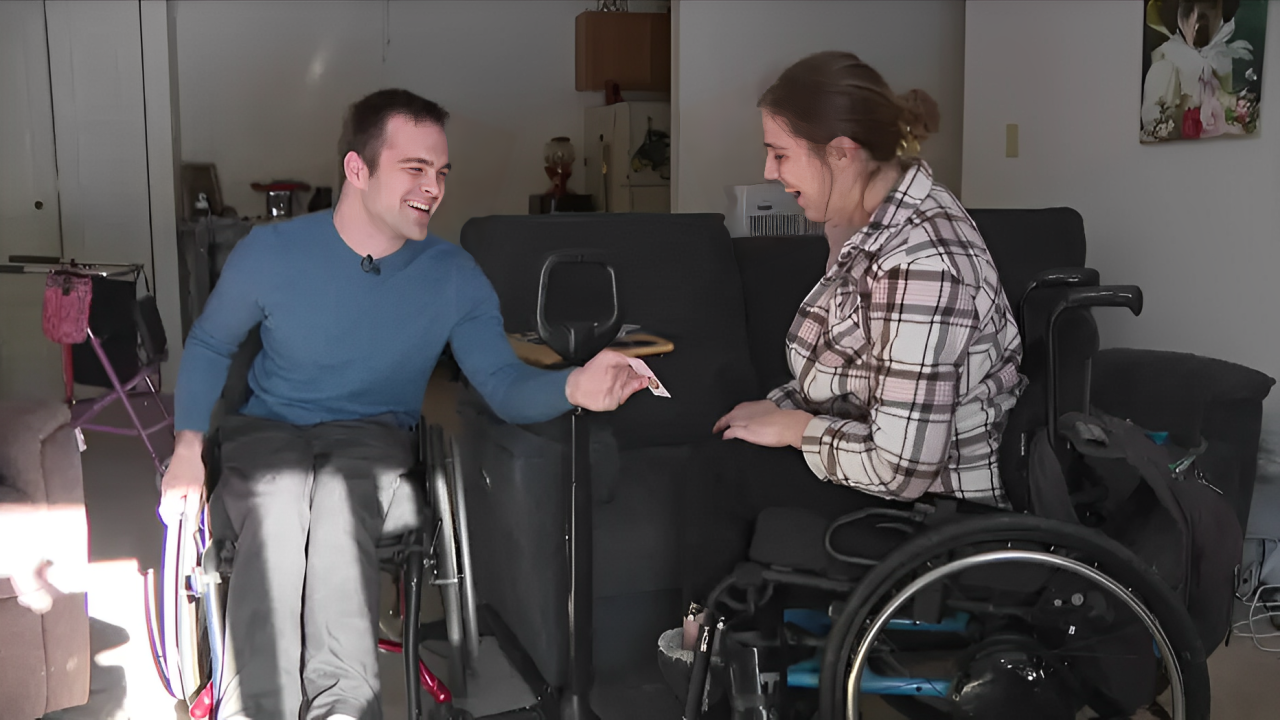In Wisconsin, over 100,000 adults with disabilities depend on Supplemental Security Income (SSI), receiving $943 per month to cover essential needs. However, an outdated federal law imposes a severe penalty on disabled couples who choose to marry, cutting their benefits significantly and threatening their access to crucial support services.
A FOX6 investigation revealed that this law forces many couples with permanent disabilities into difficult choices, preventing them from legally marrying and living together without severe financial repercussions.
Understanding SSI and the Marriage Penalty
SSI is a federal program that provides financial assistance to low-income seniors and individuals with disabilities. In addition to monthly payments, it grants access to Medicaid, which covers essential caregiver services that allow disabled individuals to live independently.
Currently, a single SSI recipient receives $943 monthly, and two individuals can separately receive a combined $1,886. However, if they marry, their combined benefit drops to $1,415—a reduction of $471 per month or 25%.
Additionally, SSI enforces strict asset limits to maintain eligibility. While individuals can have up to $2,000 in assets and couples up to $4,000, the asset cap drops to $3,000 if they marry. This makes it even harder for married disabled couples to maintain financial stability.
Love Without Marriage: A Heartbreaking Reality
For Evan Gerndt and Andi Minster, this penalty is more than just numbers—it’s a barrier to their dream of marriage. The couple met as children while playing wheelchair basketball, and their bond grew stronger over the years. Now, after nearly a decade together, they want to get married.

“I want to spend the rest of my life with this person,” Gerndt said. However, both have cerebral palsy and rely on Medicaid-funded caregiver services, meaning marriage could put their benefits at risk.
“And that’s when our world kind of crumbled,” Minster shared. “And we were like, ‘Okay, now what do we do?’”
Even Living Together Is a Risk
Minster currently lives with her parents, while Gerndt has an apartment just 10 minutes away. Despite their deep connection, they cannot even move in together without endangering their benefits.
The Social Security Administration (SSA) applies the “holding out” rule, treating couples who cohabitate and present themselves as married—by filing joint taxes or referring to each other as spouses—the same as legally married couples for SSI eligibility.
“When I introduce her, I have to introduce her as ‘the girlfriend,'” Gerndt said.
Minster questions the fairness of this system: “Why is it OK that every other minority group can marry who they want except disabled people?”
Legislative Efforts to End the Penalty
Recognizing this injustice, lawmakers introduced four bills in the 118th Congress to eliminate the marriage penalty for disabled individuals receiving SSI. However, none passed before the session ended in 2024.
Proposed Bills and Their Costs:
- HB 5408 (Bipartisan): Proposed increasing the asset limit to $10,000 per individual and $20,000 per couple, removing the marriage penalty. Estimated cost: $9.8 billion over 10 years.
- HB 7138 (Democratic support): Proposed increasing asset limits, raising monthly benefits, eliminating the marriage penalty, and ending the “holding out” rule. Estimated cost: $510 billion over 10 years.
Despite bipartisan support for some proposals, all four bills expired without action.
Renewed Hope: The EMPSA Act
On January 13, 2025, Senator Jerry Moran (R-Kansas) reintroduced the Eliminating the Marriage Penalty in SSI Act (EMPSA), co-sponsored by Senator Chris Van Hollen (D-Maryland). This bill seeks to remove the marriage penalty for adults with intellectual or developmental disabilities. However, it does not propose raising the asset limits, leaving another crucial issue unaddressed.
The Social Security Administration has yet to estimate the cost of this new bill.
What’s Next?
For couples like Gerndt and Minster, the fight is far from over. Advocates continue to push for policy changes to allow disabled individuals to marry without losing essential financial and medical support.
As debates continue in Congress, the question remains: How long must disabled couples wait before they can enjoy the same marriage rights as everyone else?
Disclaimer: This article has been meticulously fact-checked by our team to ensure accuracy and uphold transparency. We strive to deliver trustworthy and dependable content to our readers.








